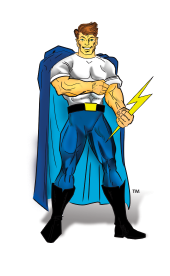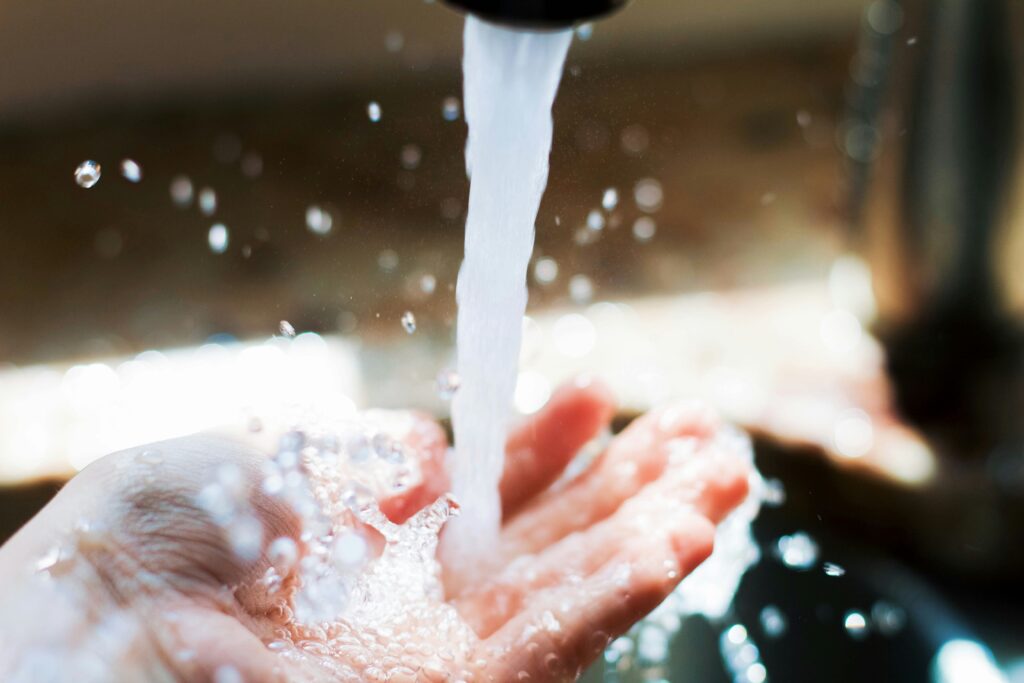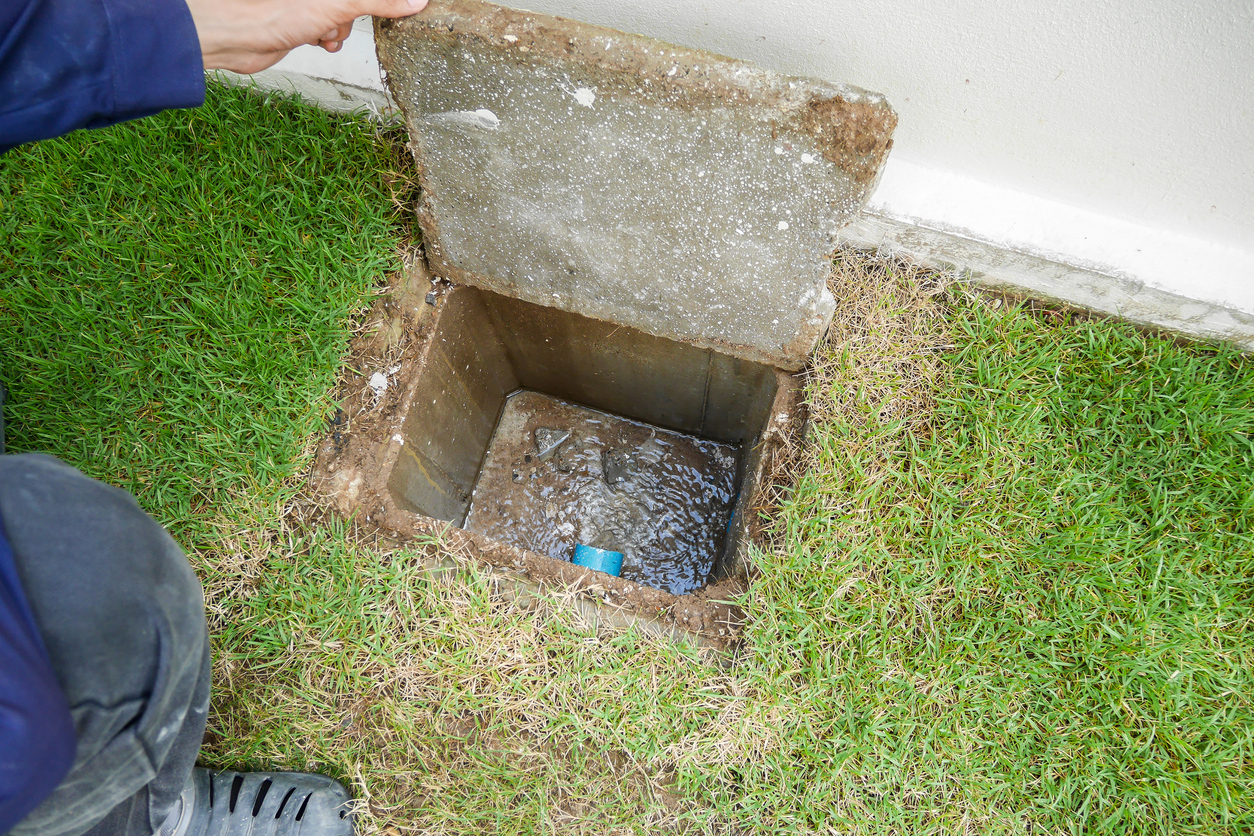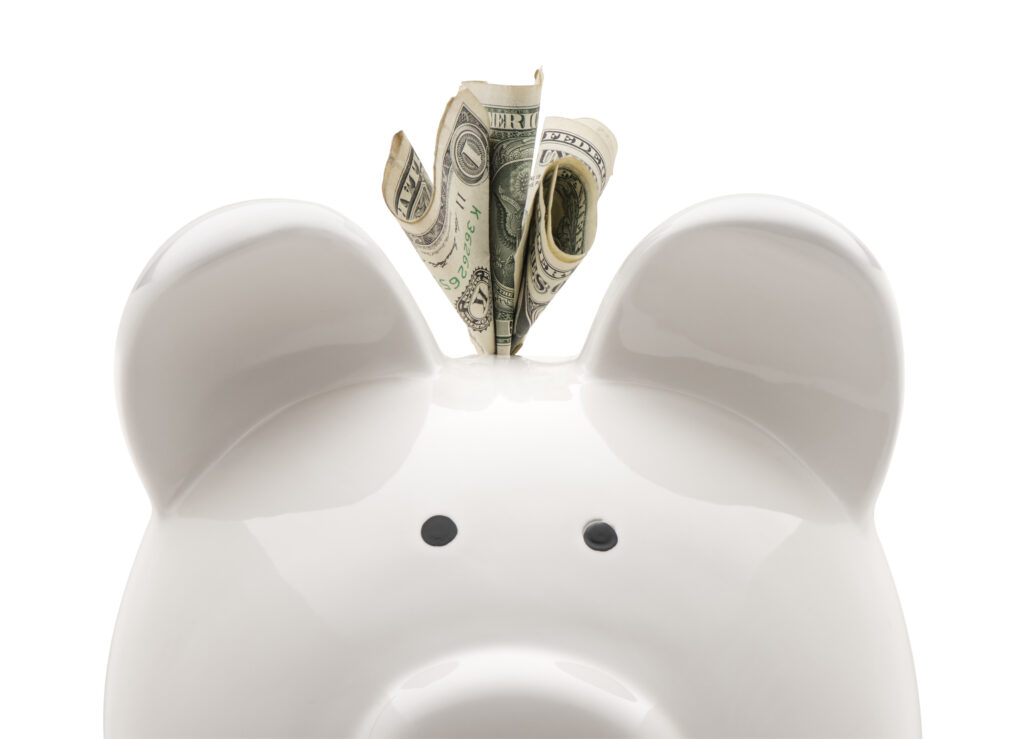3 Mistakes People Make With HVAC Air Filters
Air Conditioning, HeatingYour HVAC system’s air filter might seem unimportant, but nothing could be further from the truth. As any technician will tell you, filters can be traced back to a majority of basic heating and cooling problems.
Below, we’ll tell you about three HVAC filter mistakes we see most often and how to avoid them.
1. Putting the Filter In the Wrong Way
Putting the filter in backward can obstruct airflow into your HVAC system and cause it to overheat. Always check to see if your filter specifies which way it should be facing. Usually, arrows on the filter’s frame will point toward the direction the air should be flowing.
2. Leaving the Filter In Too Long
The packaging for your disposable air filter might say that the filter lasts for “up to 90 days.” Does that mean you should leave your air filter in place for 90 days or even longer? The answer will almost always be no.
The more often your HVAC system’s fan runs, the faster the filter will get dirty. This means that your filter will get dirty the fastest during the seasons when you’re using your system the most: winter and summer. During those “peak” seasons, you may need to change your filter as often as every 30 days.
Other factors in your home can also make your filter extremely dirty before 90 days are up, such as:
- Owning pets. Fur and dander can clog up an air filter fast.
- Having a large household. That means more dead skin and hair end up in your filter.
- Smoking. The smoke can leave a filmy residue on your air filter.
3. Using a Filter With Too High of an Efficiency Rating
A filter with an efficiency rating that’s too high can be just as bad for your system as a filter that’s clogged with dust. The most common rating system for air filters is MERVs (Minimum Efficiency Reporting Values), although some brands, like Home Depot, use their own rating systems. A filter’s MERV rating will tell you what kind of particle-trapping ability it has.
MERV ratings are numbers, such as 13 (which can trap a lot of virus-sized particles) or 17 (which is heavy-duty, HEPA filter territory). While you might want a filter with a high MERV rating, it might prevent adequate airflow from circulating through your system. This can cause efficiency and overheating issues.
Save yourself a major headache: always check the owner’s manual to see the highest filter efficiency rating your system can handle, or contact an HVAC expert.
For trusted heating and cooling services in New Orleans and the surrounding areas, don’t hesitate to contact Stuart Services by calling 504-321-2079!







